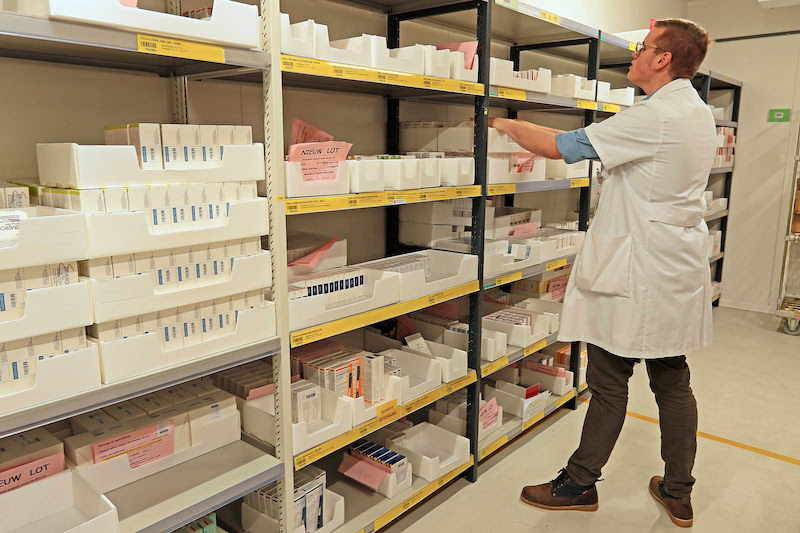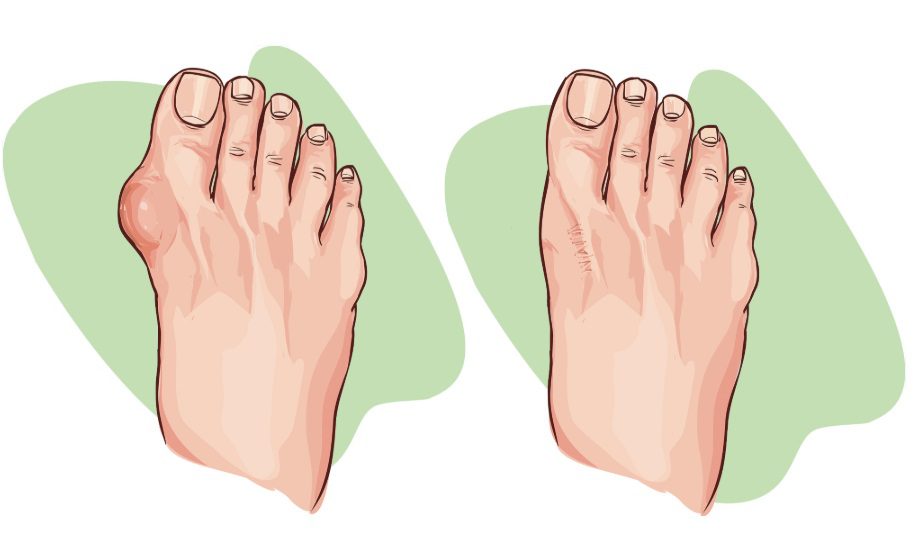
Is the heart of my baby sick?
It is not easy to diagnose a disease of heart during the gestation, but to predict his evolution up to the birth, in case of to existing, can be more complicated.
The gynaecologists can diagnose route transvaginal some cardiac diseases from the week 12 of gestation. But it is from the week 18 when, having all the favorable conditions for it, we can diagnose or reject a congenital cardiopathy with a very high reliability.
We need to have a suitable position of the fetus, good mother visibility, rely on an ultrasound scanner high definition, and experience of the professional in the matter, already be a gynaecologist, infantile cardiologist or, since it is habitual in Anglo-Saxon countries, technician ecografista specialized in ecocardiografía foetal. Evidently, if they do not give themselves these conditions, and we add the mobility of the baby or multiple pregnancies, the complexity increases.
The professional entrusted to offer all the information related to the detection of a cardiac foetal anomaly (prenatal advice) must have all the information contributed by a multidisciplinary equipment composed principally by obstetricians, infantile cardiologists, geneticists, neonatólogos, cardiac surgeons or enclosedly radiologists if it has been necessary a magnetic resonance to confirm the finding of other possible associate anomalies.
Diagnosis
This specialist explains in a nearby and accessible way the alteration found in this moment, his probable evolution until the baby should be born, the possible treatment, the quality of life of the child up to his adult life and the possibility that they conceive again a child with cardiac alterations. Though it is possible to predict with great reliability the evolution of the majority of the anomalies of the heart, there are some of them that have an uncertain future, and as well as the heart of the baby grows, also the alteration can do it, though equally it could become stable, or even disappear. For example, it is not the same thing to find an interventricular communication (a small little hole in the heart) of 3 mm. to 20 weeks of gestation and the heart of the baby it measures 2 cm., that when it is of 40 Sg and the heart measures 5 cm.; also it is necessary to differ if the little hole is more placed in the top of the heart (where it has more possibilities of being closed only) or if he is near to the exit of the big glasses, where besides which his spontaneous closing is less probable, it can be associated with other genetic alterations often accompanied of alterations in other organs, as Down’s Syndrome or DiGeorge’s Syndrome.
The prenatal diagnosis of congenital cardiopathies, the information that demos and how the demos they have a great implication not only in the recommendation of deriving the mother to a Hospital prepared to offer immediate treatment to the newborn child if this way it needs it, but also in the decision of the parents to continue or not with the pregnancy. Because of it, he supposes a great responsibility doing an as accurate as possible diagnosis, and reporting of coherent form with the information obtained of similar cases, but with the humility of knowing that in a small percentage of cases sometimes we surprise the nature. And in occasions for good.
Dra. Aida Hernández Blanco
Specialist pediatrician at Children’s Cardiology and fetal echocardiography
Instructor CPR advanced pediatric and neonatal





Pingback: Prenatal diagnosis of congenital heart disease - Revista - Mas Que Salud -Toda la actualidad en salud y artículos de estilos de vida